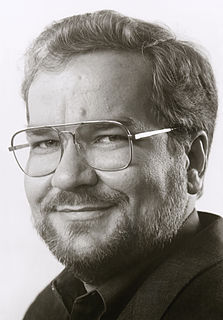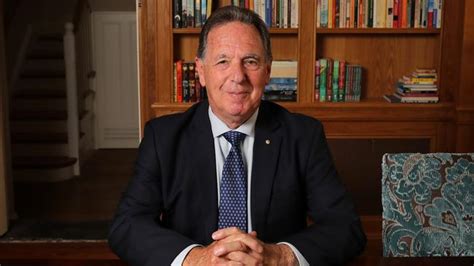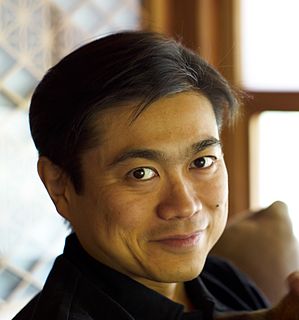A Quote by Jonathan Zittrain
Facebook draws from the public and public-interest sphere, a simultaneously bold and modest step towards acknowledging that our new networked technologies deeply affect our lives in ways not always captured or best shaped by the typical template of consumer and seller.
Related Quotes
The bourgeois public sphere may be conceived above all as the sphere of private people come together as a public; they soon claimed the public sphere regulated from above against the public authorities themselves, to engage them in a debate over the general rules governing relations in the basically privatized but publicly relevant sphere of commodity exchange and social labor.
In Ireland, novels and plays still have a strange force. The writing of fiction and the creation of theatrical images can affect life there more powerfully and stealthily than speeches, or even legislation. Imagined worlds can lodge deeply in the private sphere, dislodging much else, especially when the public sphere is fragile.
Community after community is rising up, ranchers, developers, environmentalists, and local commissioners, all saying this is not the best use of our public lands. It is a story that is largely unknown in the rest of the country. It is a disturbing and community-destroying example of domestic imperialism being waged against people in places deeply connected to the public lands that are our public commons. The Bush energy policy is a short-term strategy based on corporate greed instead of a sustainable vision of what best supports local economies and healthy ecosystems.
Solar flares affect our everyday lives in all kinds of mundane ways. They affect satellites, they affect our emotions, and so on, but they also affect the nature of the light that is coming to us, which is kind of the way that the DNA unfolds. And on those levels hardly anyone really understands all of this, and I don't either. I just know that what is going on in the Sun is very important.
Consent of the Networked will become the seminal book firmly establishing the responsibility of those who control the architecture and the politics of the network to the citizens who inhabit our new digital world. Consent of the Networked should be required reading for all of those involved in building our networked future as well as those who live in it.
Privacy is dead. We live in a world of instantaneous, globalised gossip. The idea that there is a 'private' sphere and a 'public' sphere for world leaders, politicians or anyone in the public eye is slowly disintegrating. The death of privacy will have a profound effect on who our leaders will be in the future.
There's no question that in my lifetime, the contrast between what I called private affluence and public squalor has become very much greater. What do we worry about? We worry about our schools. We worry about our public recreational facilities. We worry about our law enforcement and our public housing. All of the things that bear upon our standard of living are in the public sector.



































